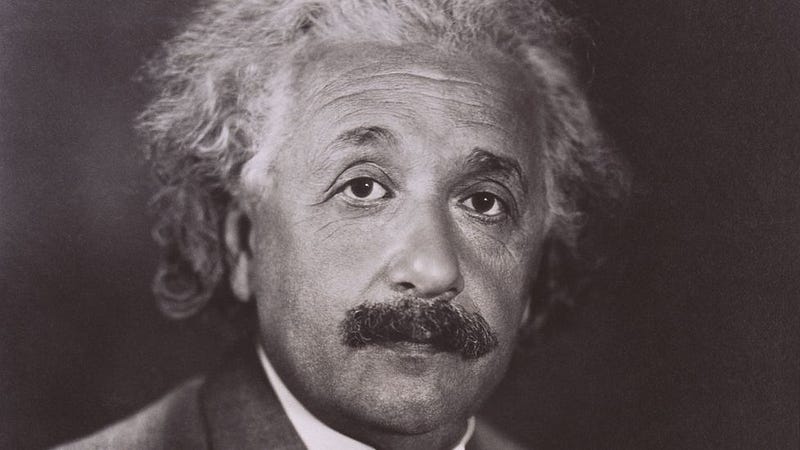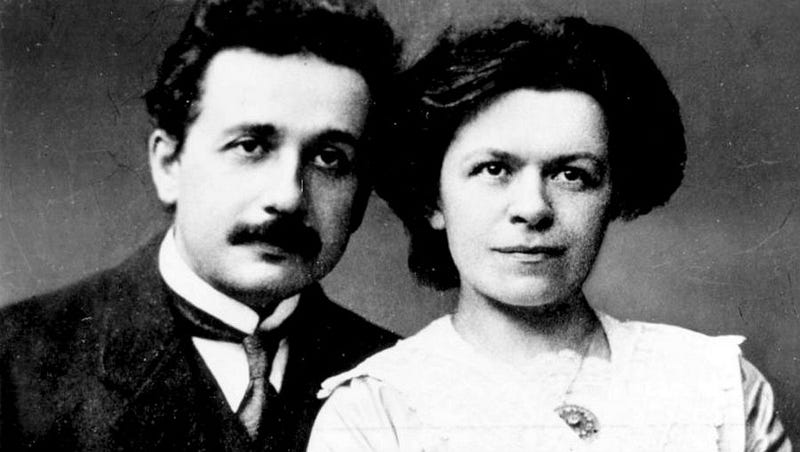The Hidden Aspects of Albert Einstein: A Complex Legacy
Written on
Chapter 1: A Legacy Beyond Science
Albert Einstein is often revered as a towering figure who significantly impacted the scientific landscape. Born in 1879 in Germany and passing in 1955, he is best known for formulating the principles of relativity and quantum mechanics. His renowned equation, E = mc², is celebrated as perhaps the most famous equation globally, encapsulating the relationship between mass and energy.
Despite his remarkable achievements, including a Nobel Prize in Physics, it's essential to recognize that Einstein was a man of contrasts, embodying both brilliance and flaws.

Constant Surveillance by Authorities
Einstein’s Jewish heritage forced him to flee Germany as the Nazi regime rose to power. Upon arriving in the United States, he became a target for the FBI, who monitored him for two decades due to his leftist pacifist views. Their suspicions even led them to believe he was developing a “death ray.” However, after reviewing an extensive file of 1800 pages, no evidence of wrongdoing was found. Ironically, he later played a role in initiating the U.S. nuclear weapons program, a decision he came to regret.
Chapter 2: A Troubled Personal Life
In the video "Dark Side of Albert Einstein," we delve deeper into the complexities of his character, revealing aspects of his life that contrast starkly with his scientific accomplishments.
Einstein’s Infamous Relationships
Einstein’s personal life was marked by infidelity and emotional neglect. He had numerous affairs and fathered children outside of marriage, often prioritizing intellectual connection over genuine emotional bonds. His relationships were characterized by a sense of conquest rather than commitment.
The Story of His First Marriage
Einstein's union with Mileva Marić began at the Swiss Polytechnic Institute, where they both studied. They wed in 1903, and Mileva sacrificed her own career to support Einstein’s ambitions. Correspondence between them shows that she contributed significantly to his early theories. However, their marriage deteriorated around 1912 when Einstein began an affair with a cousin. Despite Mileva's desire to remain married, Einstein imposed humiliating conditions for their continued cohabitation, leading to their eventual divorce in 1919.

Failing as a Father
Einstein’s shortcomings extended to fatherhood. He showed little concern for his illegitimate children and had a distant relationship with his two legitimate sons. His first child, Lieserl, was given up for adoption, and she passed away without ever knowing him. His son Eduard faced mental health challenges, exacerbated by Einstein's second marriage. Although Einstein allocated his Nobel Prize earnings to a fund for his sons, he maintained minimal contact with them, reflecting a paternal role that was more financial than emotional.
In "The Dark Side of History: Albert Einstein Unravels Terrifying Truth," we explore the intricate layers of Einstein's life, revealing the often-overlooked personal challenges he faced.
Conclusion: A Multifaceted Legacy
Einstein's life exemplifies the duality of human existence—a brilliant mind capable of groundbreaking theories yet troubled in personal relationships. His legacy serves as a reminder that genius does not exempt one from the complexities of human behavior.